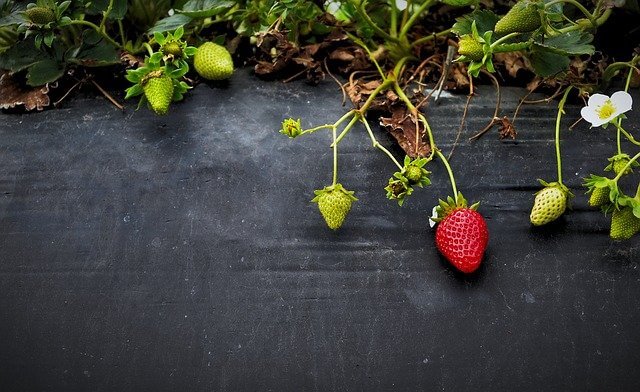Aphids are small, soft-bodied pests that feed on the sap of plants. There are many kinds of aphids ranging in color and appearance form small black specks to the fluffy white wooly aphids. A few common names are Green Fly, Black Fly and Plant Lice.
These little bugs are a Gardener’s nightmare as they can infest plant(s) seemingly overnight and can number in the thousands while multiplying unnoticed under the leaves. Aphids will suck the sap out of plants and cause severe damage quickly so get on them as soon as you see them! The damages caused by the sucking of the sap can cause plants to wilt and eventually die. Every garden will have these pests at some point and every Gardener employs a variety of ways to combat them.
They are most definitely a communal pest as they typically congregate in clusters underneath leaves. Their preference for eating is the soft, new growth of stems and leaves so keeping vigilant in the early growing stages is paramount to good control and the least amount of damage. Not only is the sap-sucking damaging but these pests can also carry viruses between plants. That’s a huge problem with roses!
There are several ways to control aphids that do not require spraying a toxic pesticide. Many Gardening experts suggest blasting the aphids off a plant using a hose. However, since they really like soft, new growth, blasting that soft growth can cause more damage to the plant than the aphids would!
You may also pick them off by hand… but when your rosebush is infested with tens of thousands, that is a little tricky. Depending on the variety of Aphid you are dealing with, some are quite small and picking them off would be some very tedious work!
Lady Bugs LOVE to eat Aphids so many will purchase and unleash a population of Lady Bugs to control these sap-suckers. If you choose that option, be sure to lightly water the surfaces of all the plants harboring the pests beforehand so that the Lady Bugs are drawn to the water and will then discover the All-You-Can-Eat-Buffet of Aphids.
A very quick and effective solution is to spray the infested plants with your favorite all-natural pest control product that is water-soluble. Directly spray the infested plant by dousing the tops and undersides of leaves as well as all along the stems. It is best to spray either early morning or late evening when there is no direct sun on the plant.
Repeat applications for three days or until there is no more evidence of Aphids.





